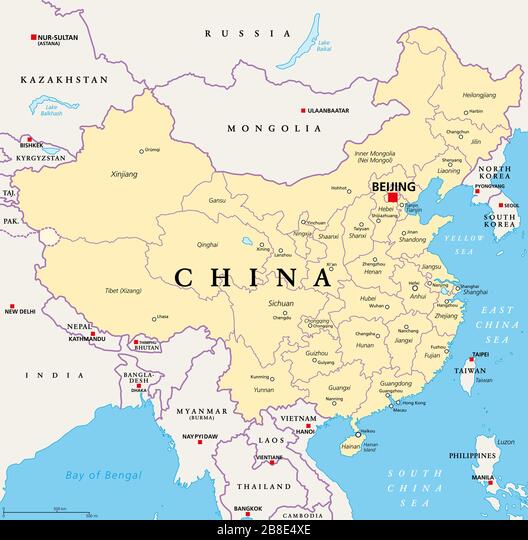Nothing is constant where empires, nations, borders and governments are concerned.
That’s certainly been true for China and much of the rest of the world in my lifetime.
When I was a boy what I knew about China could have been put in a thimble, as my mother was wont to say.
Neighbours across the street had been missionaries in China for several generations before the Japanese invaded the country in the 1930s and chased foreigners out.
They used to regale my brother and I with tales of China and countless black and white photos of villages and mountains in places which, to me and my brother, had strange-sounding names.
Far more interesting to me was learning that my eldest brother Bob flew DC3s (called Dakotas or goony birds then) carrying supplies from what is now Bangladesh or Myanmar between the Himalayan mountains and on into China.
Only many years later did I learn from Bob just how dangerous that job was and how many crew and aircraft were lost because of icing, unpredictable high winds or mechanical failures with no safe place to land their aircraft.
Then in 1950, North Korea invaded South Korea and by the coming winter China joined in when some United Nations troops reached the Yalu River border with China.
The next three years of what was aptly called the “forgotten war,” were brutal but also a warning.
Chinese troops turned out to be tough, well-led, courageous adversaries who fought the UN troops, including Canadians, to a draw, despite the many technical advantages, such as overwhelming control of the air over the battlefields possessed by UN forces. The war ended in an armistice that holds to this day.
From the peasant army which by the late 1940s had defeated their nationalist rivals led by Chiang Kai-Shek, China has evolved into a thoroughly modern country.
It has an economy second in size and power only to the U.S. and is expected by many Western experts to overtake the U.S. within a decade or two.
In the areas with which I’m most familiar, such as biology including genetics, and what I’ve learned about their expertise in computer design, including most recently quantum computers, China is second to none.
That shows in the journal Nature’s annual rankings of universities based on the quality and quantity of their published work and accomplishments. There’s hardly an area in science and engineering where China hasn’t caught up with the best in the West and some areas where they may have passed us.
Many current leaders in science in China were trained in the West, especially the U.S. – but is that any different to empire, then Commonwealth countries and the U.S. training their best in the U.K. and Europe in the 1900s?
The Chinese military has become world-class in equipment and their naval and air forces now rival those of the U.S. The Chinese navy, for example, has three modern aircraft carriers and several under construction.
In short, China is no longer a peasant power but a thoroughly modern professional power intent on securing the sea lanes around east and Southeast Asia. That would ensure control of regional trade fell within China’s growing influence, which now extends to many African countries, as well as some in the Western Hemisphere.
China has a long, bitter memory of occupation and control initially by European countries and later the Japanese. And like other colonized countries, China carries a rightful grudge against both, especially the Japanese in the 1930s and Second World War.
Given China’s treatment by other countries in recent centuries, its current behaviour should come as no surprise.
Hence China’s expansion and intention to control the South China Sea as far south as the Philippines and the construction of strategically located artificial islands and airbases in that sea. Ditto for the intention to build a new “silk road” across Asia to link other Asian countries and Europe with China.
I confess to some concern about China’s intentions economically and territorially in the future but if there’s a fault it’s that the democracies are losing or will lose their technical edge with the advantage to China.
China isn’t the only economic threat. Other southeast Asian countries, such as South Korea and Vietnam, pose similar concerns for the same reasons if we don’t get our act together.
The mistake has been to outsource so much of our technology because it made for cheaper goods at home. That’s our fault.
As the other giant, India, I wish China and other similarly achieving countries, well. But the math is not in our favour unless we adapt – and soon.
What we want is a world that works together for the common good, including mitigating climate change and sharing wealth more evenly, instead of concentrating it with the top 0.1 per cent.
This is a most unusual essay for a community paper to print and for me to write.
Response?
Compare maps of the world in 1900 and 2000 – you’ll get my point about change.
Dr. William Brown is a professor of neurology at McMaster University and co-founder of the InfoHealth series at the Niagara-on-the-Lake Public Library.







